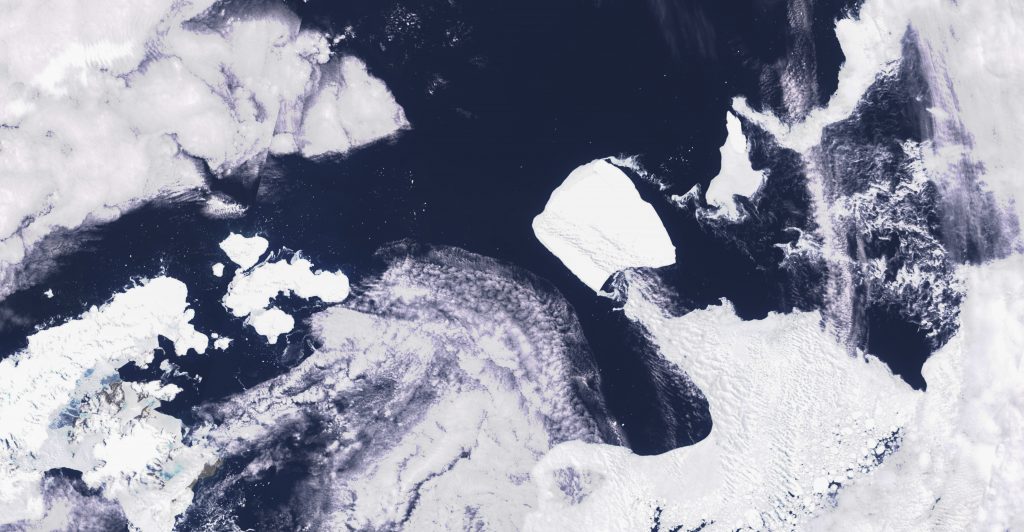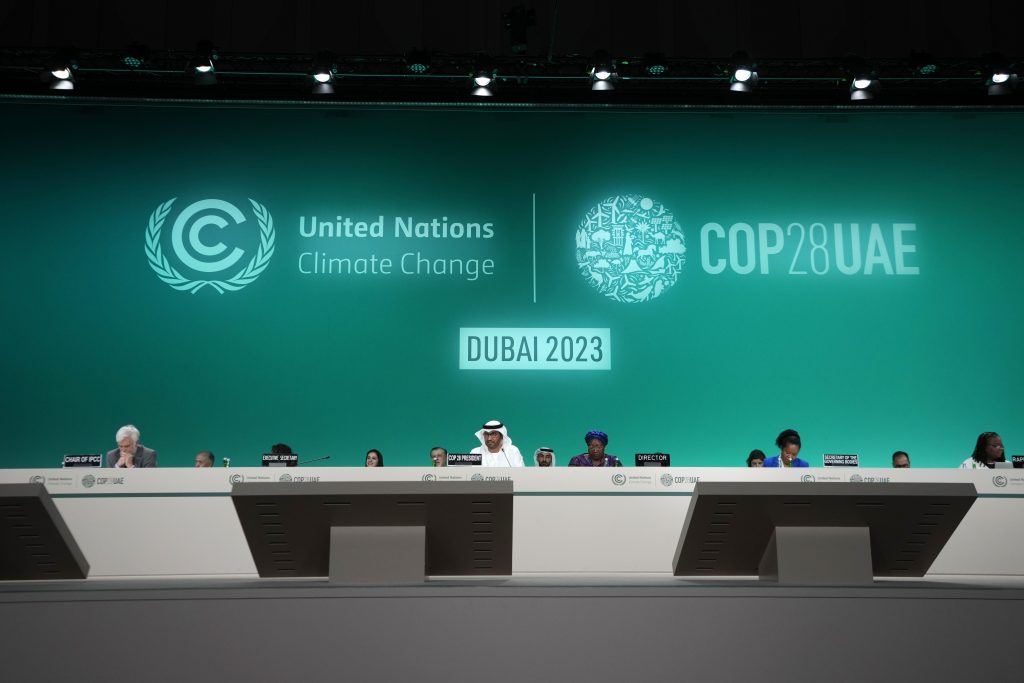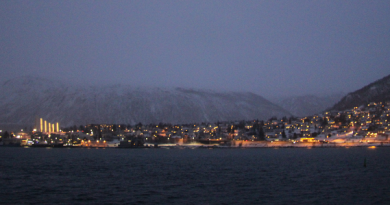World to hit 1.4°C of warming in record hot 2023

With a month to run, 2023 will reach global warming of about 1.4 degrees Celsius (2.5 Fahrenheit) above preindustrial levels, adding to “a deafening cacophony” of broken climate records, the World Meteorological Organization (WMO) said on Thursday.
The WMO’s provisional State of the Global Climate report confirms that 2023 will be the warmest year on record by a large margin, replacing the previous record-holder 2016, when the world was around 1.2°C warmer than the preindustrial average.
It adds to the urgency world leaders face as they wrestle with phasing out fossil fuels at the United Nations annual climate summit COP28, which begins on Thursday in Dubai.
“Greenhouse gas levels are record high. Global temperatures are record high. Sea level rise is record high. Antarctic sea ice record low,” WMO Secretary General Peterri Taalas said.

The report’s finding, however, does not mean the world is about to cross the long-term warming threshold of 1.5°C that scientists say is the ceiling for avoiding catastrophic climate change under the 2015 Paris Agreement.
For that, the level of warming would need to be sustained for longer.
Already, a year of 1.4°C has provided a frightening preview of what permanently crossing 1.5°C might mean.
Record low in the Antarctica
This year, Antarctic sea ice reached its lowest winter maximum extent on record, some 1 million square kilometers (386,000 sq miles) less than the previous record. Swiss glaciers lost about 10% of their remaining volume over the last two years, the report said. And wildfires burned a record area in Canada, amounting to about 5% of the country’s woodlands.
Climate change, driven by the burning of fossil fuels, combined with the emergence of the natural El Nino climate pattern in the Eastern Pacific pushed the world into record territory this year.
Next year could be worse, the scientists said, as El Niño ‘s impacts are likely to peak this winter and drive higher temperatures in 2024.
Related stories from around the North :
Antarctica : West Antarctic Ice Sheet melt now unstoppable: study, Eye on the Arctic
Greenland: Alarming, above-average ice loss in Greenland due to rising temperatures, Eye on the Arctic
Norway: Polar heat record. July average above 10°C, The Independent Barents Observer
United States: Bursting ice dam in Alaska highlights risks of glacial flooding around the globe, The Associated Press



